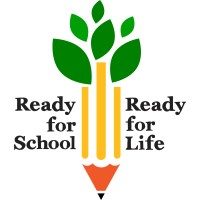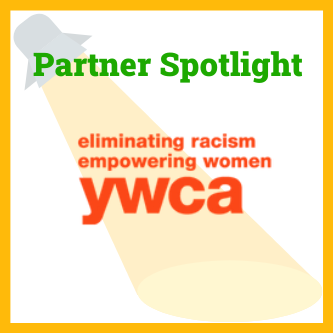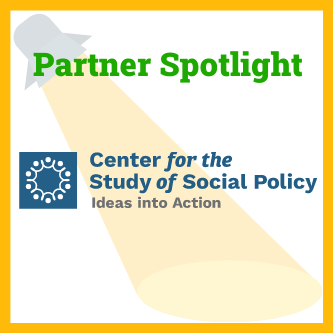By Stephanie Skordas, Director of Marketing & Communications
One hundred and one years ago, the YWCA High Point was formed. The organization is dedicated to eliminating racism, empowering women, and promoting peace, justice, freedom, and dignity for all.
Today, the YWCA has seven core areas of programming: social justice and advocacy, women’s resource center, youth services, aquatics and wellness, teaching kitchen, Latino family center, and adolescent parenting.
Executive Director Heidi Majors has been with YWCA High Point almost 20 years, and said a big part of the focus is maternal health and ensuring that infants and toddlers in the greater High Point area are meeting the milestones and being prepared for school at age five.
“Our maternal health programs are so important,” Majors said. “In June 2020, YWCA began using the Parents As Teachers model, with case managers to work with the parents. YWCA High Point is expanding to have 5 Parent Educators to serve more parents. One of these case managers works with adolescent parents under the age of 19. Through home visits and group education sessions, we focus on planning for their families, as well as making sure they have prenatal care to help with healthy birth outcomes.”
The Adolescent Parenting Program works to make a difference in the lives of young school-age mothers and fathers who are pregnant or parenting. In addition to home visits and group education, the program offers mentors, school support sessions, college tours, and field trips.
Majors said Ready for School, Ready for Life (Ready Ready) supported many of the YWCA’s adolescent parents during the pandemic. “That was an instrumental piece of how we lift up our high-risk communities and make sure they had what they needed. Whether that was food, diapers, or other essential items, we were able to do that thanks to Ready Ready and The Duke Endowment.”
YWCA High Point also supports families with infants and toddlers through Healthy Beginnings. It’s a personalized program for minority women and their children. Healthy Beginnings seeks to help young women have healthy pregnancies and healthy children and continue a healthy lifestyle between pregnancies.
Last year YWCA High Point served more than 1,000 parents with its Baby Basics closet – providing diapers, formula, clothing, and larger items like cribs and pack-n-play equipment. “We work very closely with agencies across Guilford County and the North Carolina Diaper Bank to ensure our infants and toddlers have this support. A parent won’t have to keep their child home from daycare because they don’t have diapers, for example, and they can go to work. It’s about lifting up the whole support system.”
Majors said the YWCA’s focus on social justice is designed to bring real change to the fight for gender equality and racial justice. In the time since the murder of George Floyd last summer, Majors is encouraged to see the conversation continue about systemic racism, racial equity, and social justice.
“In 2020, there has been an opportunity for people to be open, listen, and learn to educate themselves. Not everyone is receptive to that message, but through collaborations and partnerships, we’re looking at more systemic change,” Majors said. “Our Community Builders program, which we started in 2018, has trained individuals using the groundwater approach from the Racial Equity Institute. We’re fighting for racial equity because there are so many disparities within our communities. We’re addressing these disparities through a number of programs, but there’s still a lot of work to do.”
To learn more about YWCA High Point, visit their website.



